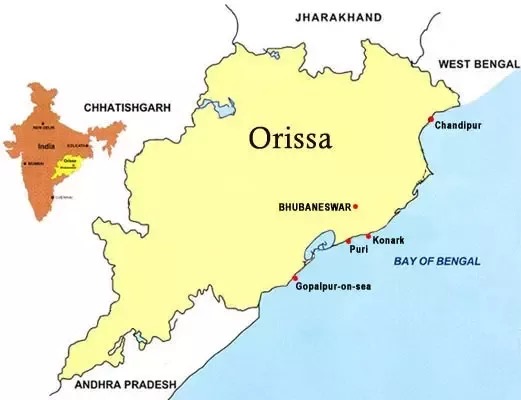According to a recent report by the Reserve Bank of India (RBI) on state finances, Odisha stands out for its exceptional fiscal performance. The state boasts the lowest outstanding liabilities among all Indian states while achieving the highest proportion of non-tax revenue (SONTR) in comparison to its total revenue.
One notable highlight from the report is Odisha’s outstanding liabilities, which rank the lowest among states. Impressively, the state’s debt-GDP ratio has significantly declined, with outstanding liabilities amounting to merely 13.9% of the gross state domestic product (GSDP). Moreover, the proportion of SONTR in the total revenue stands at an impressive 27.8%.
SONTR comprises six key components, including general services, social services, economic services, fiscal services, interest receipts, dividends, and profits. The revenue generated from economic services, mainly stemming from industries, power, petroleum, major and minor irrigation projects, forestry, and wildlife, contributes significantly. Notably, while industry-related revenues have seen a notable increase, the shares from forestry and wildlife have declined in recent years.
The report also highlights the variance in non-tax revenue collection across states. Mineral-rich states such as Odisha, Chhattisgarh, and Jharkhand stand out with a substantially higher share of non-tax revenue. Over 60% of their non-tax revenue originates from mining royalties and premiums paid by mines, indicating a significant reliance on the mining sector.
The report sheds light on the changing dynamics of revenue sources. Despite an increase in the state’s tax revenue’s share in the total revenue, rising marginally from 46.8% to 53.5% during the pre and post-Covid periods respectively, expenditure patterns have also witnessed significant shifts. Expenditure on medical and public health has surged from 3.1% in 2006-07 to 6.9% in the current financial year (2023-24), along with a substantial rise in spending on wages, salaries, and education.
The report searched into the increased allocation towards research and development across various sectors. Expenditure on research and development has seen a remarkable increase in education, medical and health, agriculture, industrial and environmental research, infrastructure, and other sectors, being a sign of a proactive approach towards innovation and development in Odisha.
In essence, Odisha’s prudent fiscal management, low liabilities, diversified revenue sources, and a concerted focus on research and development across sectors position the state favorably in the realm of economic stability and growth.

